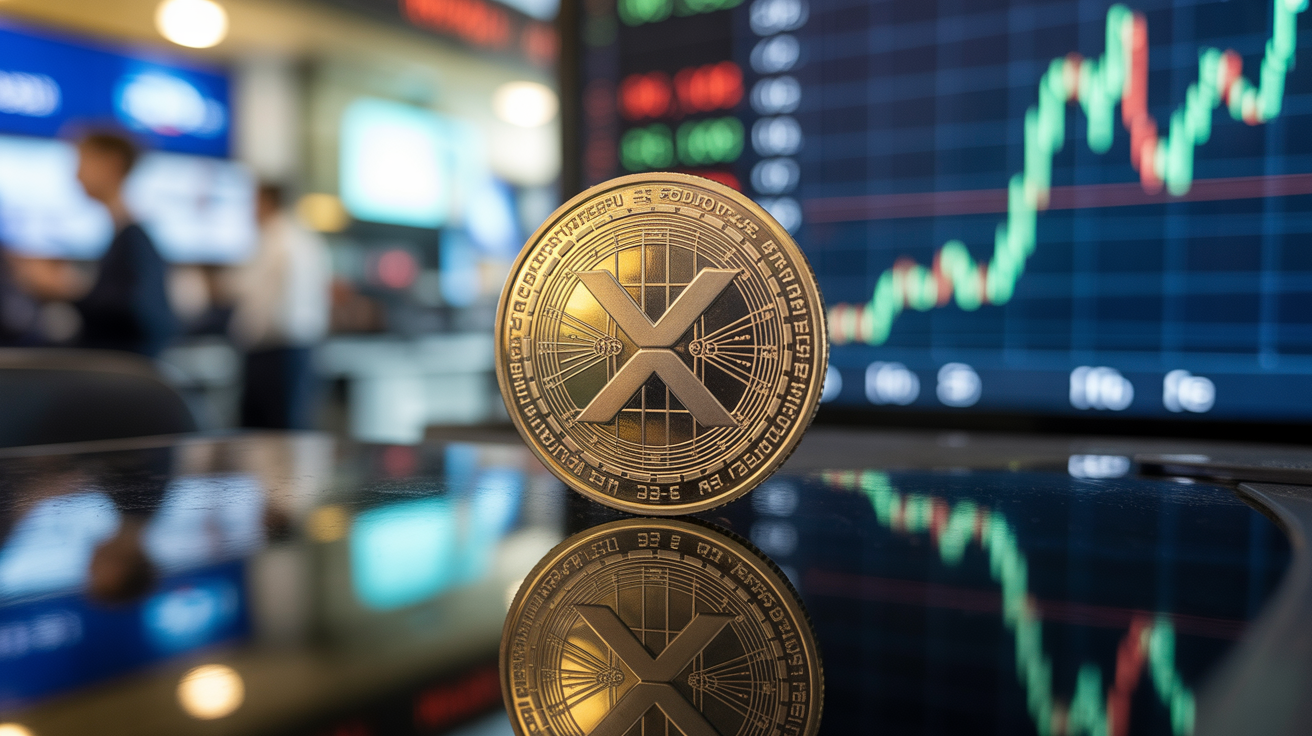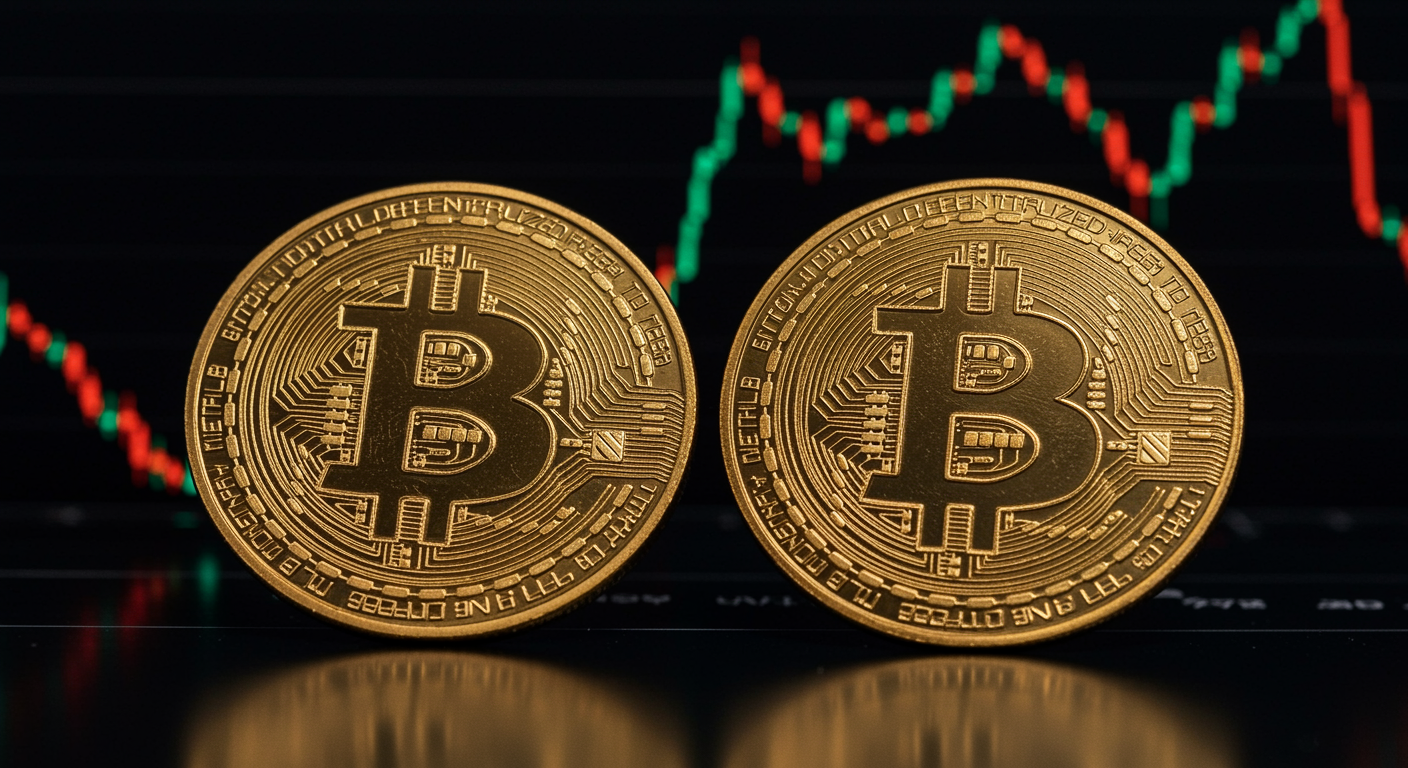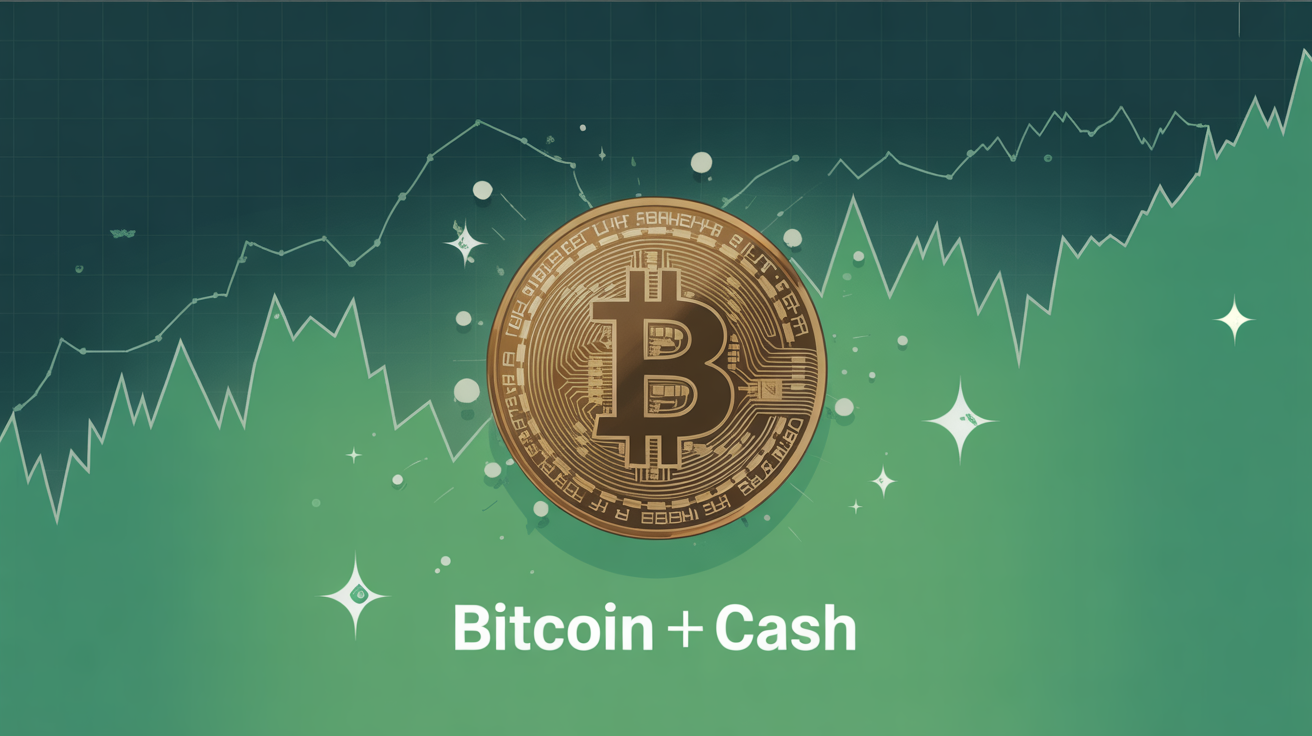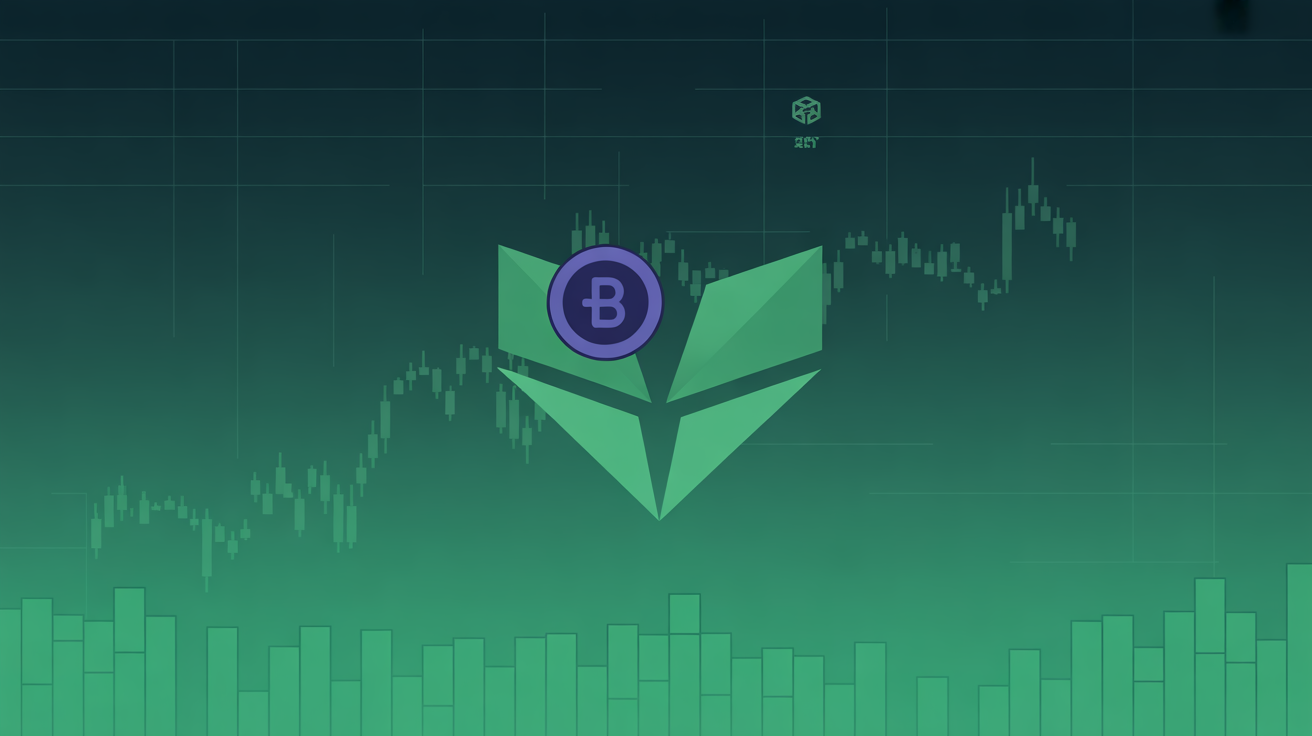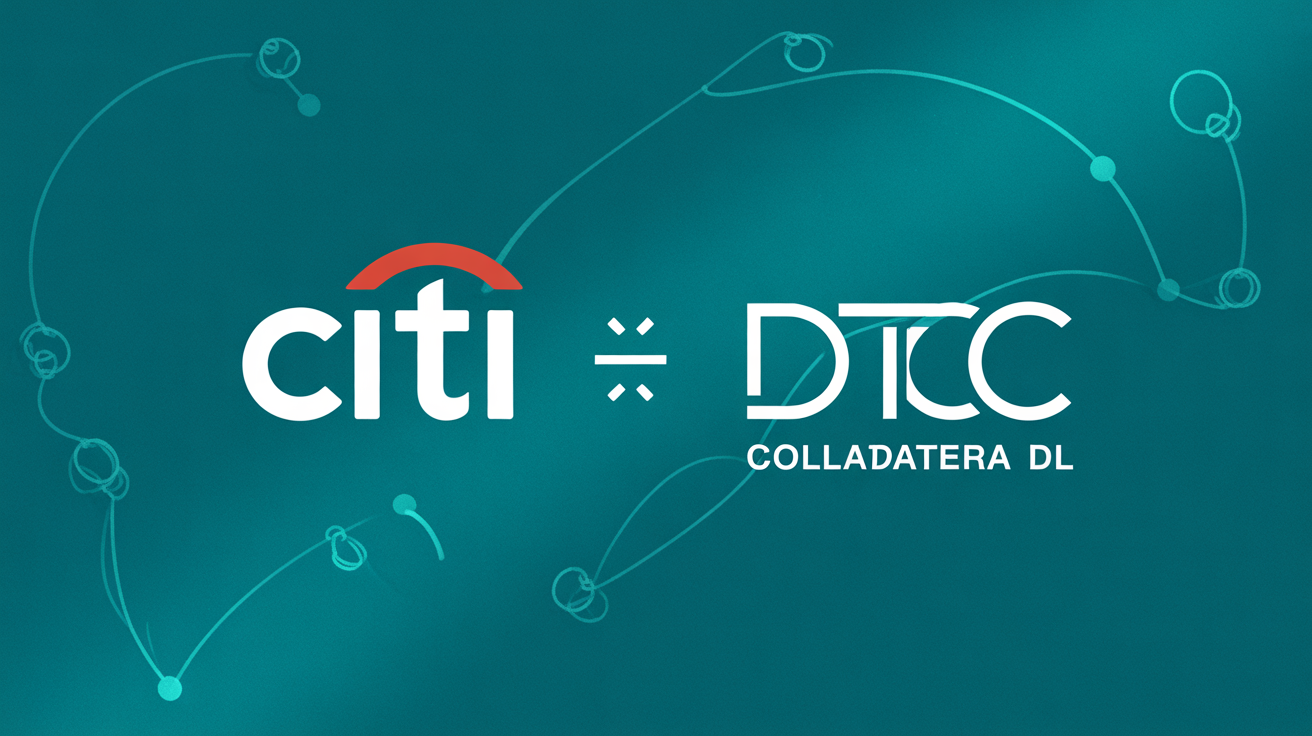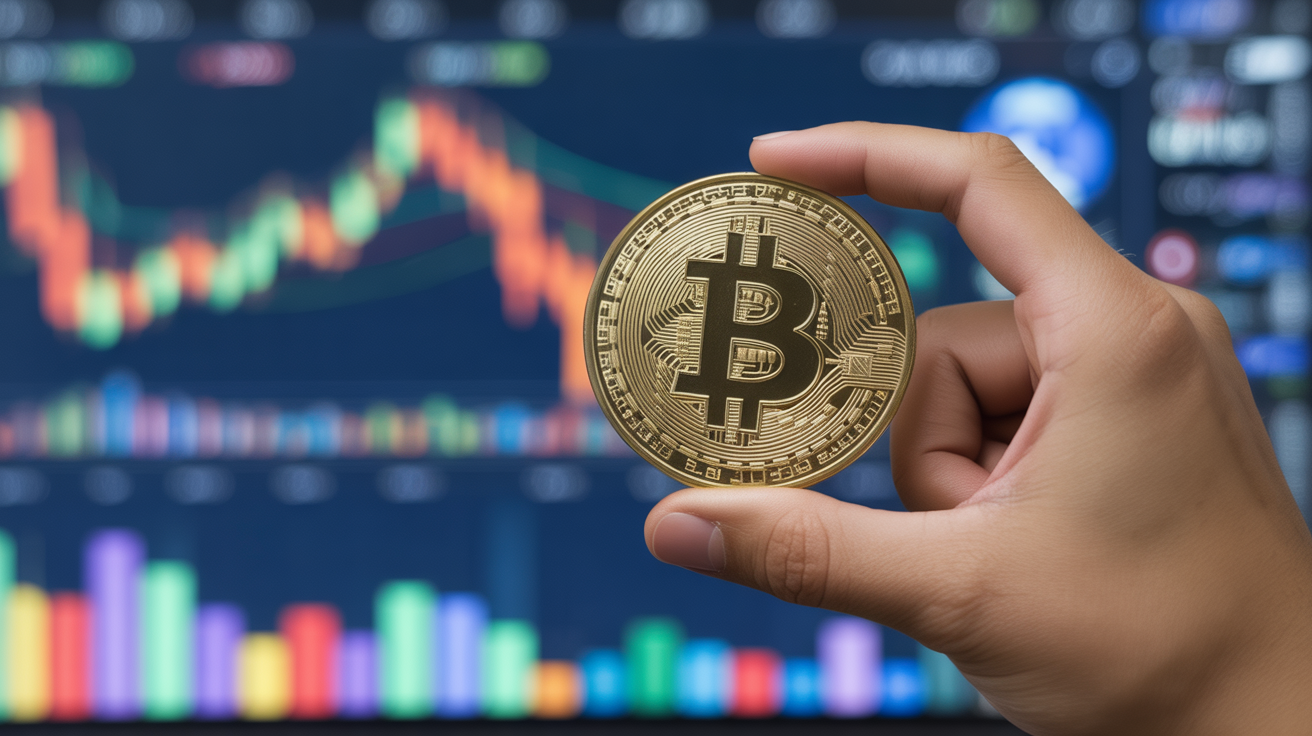Options linked to BlackRock’s spot bitcoin (BTC) exchange-traded fund (ETF) made a strong debut on Tuesday, with a staggering $1.9 billion in trading volume on its first day. The majority of the activity was centered around call options, indicating a bullish sentiment as traders placed bets on the ETF’s price potentially doubling to $100.
As of Tuesday’s close, the Nasdaq-listed ETF was priced at $52.70, but the $100 strike call options saw over 32,000 contracts traded, according to data from analytics firm ConvexValue. Most of the trading occurred in the December 12 expiry, which accounted for 40% of the total 354,000 contracts exchanged.
“It’s pretty interesting to see ‘professionals’ betting on $100 strikes, which effectively implies a doubling of BTC prices since IBIT is trading near $50,” said Samneet Chepal, a crypto quant researcher, on X.
The sharp interest in $100 strike calls reflects expectations that the ETF’s price could rise significantly in the coming months. This activity mirrors trends seen on offshore crypto options exchange Deribit, where the $200,000 strike bitcoin call has attracted $381 million in open interest. This indicates that investors, rather than market makers, are positioning themselves for the possibility of bitcoin’s spot price doubling.
On Tuesday, the most traded IBIT option was the call at the $55 strike, and overall call options outnumbered put options by a ratio of four to one.
A call option grants the holder the right—though not the obligation—to buy the underlying asset at a predetermined price by a specific date. Typically, call buyers are bullish, anticipating price increases in the underlying asset, or using the option to protect a short position from rising prices.
The significant demand for calls in the U.S. is expected to have a cascading effect on the market. According to Deribit CEO Luuk Strijers, this demand could result in increased open interest around specific price levels, triggering more volatility and potentially leading to a gamma squeeze in bitcoin’s price.
“As U.S. institutions and retail investors—who can’t trade on Deribit—enter the market, it will increase open interest in certain strike prices, creating a further catalyst for volatility and potential gamma squeezes,” Strijers said, echoing views from other analysts.




